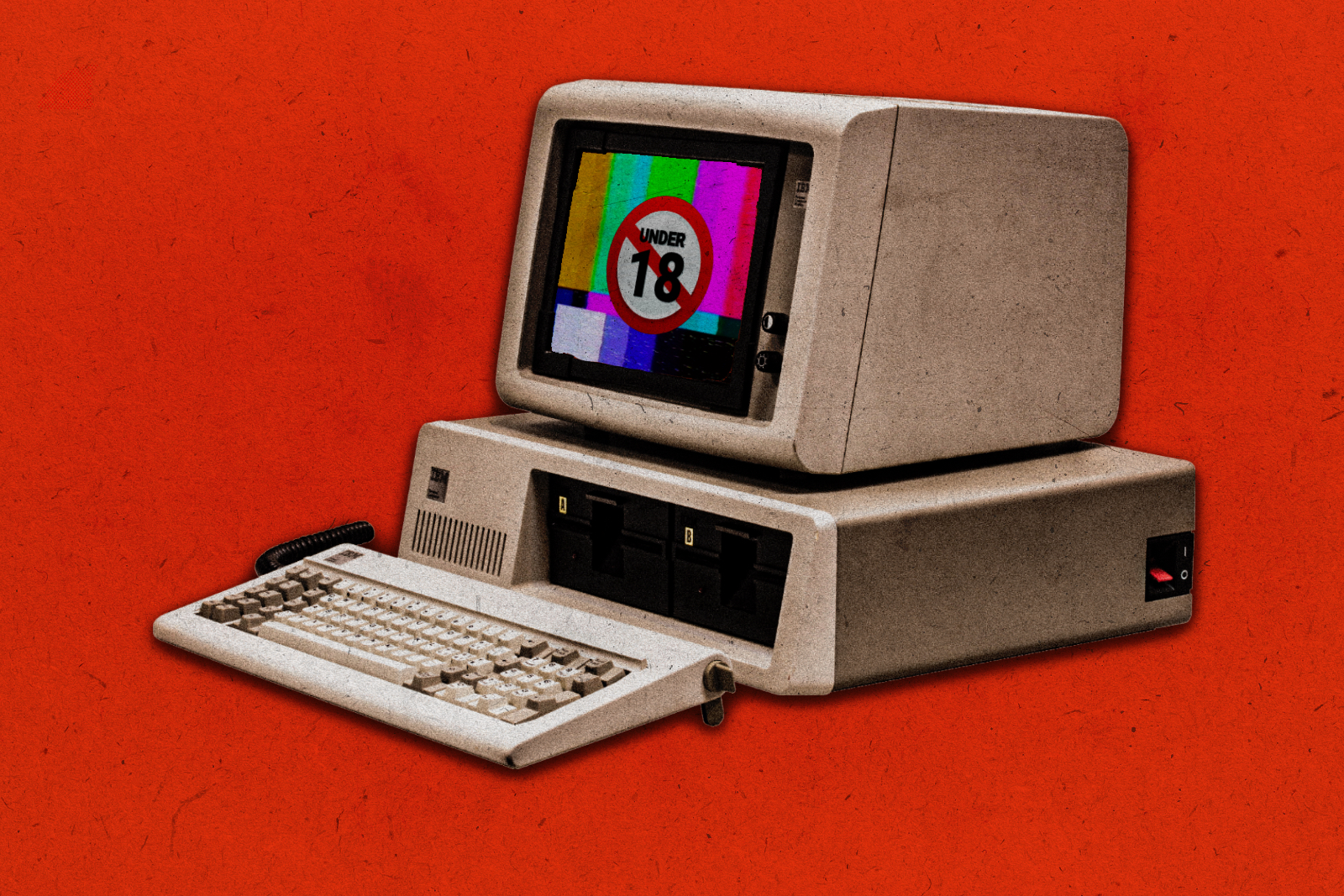
Tech
Porn’s Underappreciated Efforts to Counter Child Exploitation
The literature dealing with the private sector and efforts by the government to prevent the spread of child pornography, or more precisely, child sexual abuse material (CSAM), shows a stark divide. We typically gloss over efforts by the adult entertainment industry in the prevention and reporting of online child pornography. This is largely due to politics and society’s baked-in attitudes toward pornography.
The National Center for Missing & Exploited Children (NCMEC), a private nonprofit organization funded by the U.S. Department of Justice, retains data dealing with child exploitation reports through its CyberTipline program. The CyberTipline is a voluntary program that thousands of individuals and companies choose to participate in by sending in tips on potential child porn found online. If the reports are credible, they are referred to the Federal Bureau of Investigation and prosecutors at the Department of Justice’s Child Exploitation and Obscenity Section (CEOS). This reporting pipeline is, theoretically, the process of reporting most cases of child pornography to federal and state law enforcement agencies.
In 2021, 29.3 million reports were made to the CyberTipline – a 35 percent increase from 2020. In 2021, ninety-nine percent of reports filed with the CyberTipline came from electronic service providers, with 29.1 million reports coming from online platforms, such as social media companies and adult entertainment websites. I mention this because the data shows a clear effort from adult entertainment companies to work with law enforcement voluntarily.
The Montreal-based MindGeek, whose portfolio includes some of the most popular porn websites in the world, submitted a total of 9,103 reports having to do with child pornography found on their websites. Another firm that’s transparent about its efforts to detect, remove, and report possible illegal content is Fenix International Limited, the parent company of OnlyFans. Fenix reported 2,984 instances in 2021. I mentioned MindGeek and Fenix because their CyberTipline numbers for 2021 indicate substantial action to collaborate with law enforcement agencies and reveal a voluntary reporting drive to the NCMEC.
Other indications of adult entertainment companies engaging in this sort of social responsibility and collaboration with law enforcement can be found in self-regulatory efforts advocated by groups like the Association of Sites Advocating Child Protection. A nonprofit organization, ASACP has an active reporting tipline that directly feeds all credible reports to the CyberTipline, state and federal law enforcement agencies, and European tiplines. 1,237,395 total cases were reported to the ASACP since the launch of its tipline in 2003, with 210,278 reports forwarded by the adult industry to federal law enforcement agencies, NCMEC, the Department of Justice, and applicable European agencies.
In February, ASACP data shows that adult entertainment companies filed 1,469 reports. That is an average of 52 reports per day, with 253 reports forwarded to law enforcement. The ASACP is backed entirely by the private sector – namely, the adult entertainment industry and age-verification software providers. This is crucial information to my analysis because it allows the reader to assess the prevention efforts of online companies (regardless of their status as an adult, age-restricted platform) compared to organizations that openly campaign for tighter restrictions on the adult entertainment industry via a political or religious position that opposes nearly all forms of First Amendment-protected adult entertainment content.
The debate over preventing the dissemination of child pornography often turns into a fight over free speech, public health and safety, and the state’s role in regulating sexual activity. Regardless of these debates, adult entertainment companies overwhelmingly show varying degrees of compliance with local, national, and international laws governing content and illicit content reporting.
Since the U.S. is the largest consumer market for consensual pornography, most adult entertainment industry firms – several headquartered in Canada and Cyprus – file and maintain their documentation of age verification and consent under 18 U.S. Code 2257. CEOS, the federal agency responsible for enforcing and prosecuting child exploitation cases, works with adult content producers to ensure that age verification is done legally and effectively.
Keep this information in mind, as well. As I already mentioned above, child protection efforts in the United States are overshadowed by politics. Ideologically driven anti-porn special interest groups claim to coordinate with government agencies in countering child pornography and child exploitation. All the while, these groups insinuate that companies like MindGeek or Fenix do no such thing or that the numbers of reports are inflated. The data suggests otherwise. For example, the National Center on Sexual Exploitation (NCOSE) is one anti-porn group of note. In 2021, NCOSE reported to the CyberTipline only 14 times, versus MindGeek’s 9,103 and Fenix’s 2,984.
NCOSE has fundraised and gained political clout with right-wing organizations with a similar bias. In fact, NCOSE has propagated smear campaigns against credible civil society NGOs, individuals, and private organizations that have nothing to do with adult entertainment. One such campaign sought to implicate EBSCO, the database provider, as an “enabler of sexual exploitation” for allowing students in elementary and middle schools nationwide access to peer-reviewed academic journals that dealt in comprehensive sexual health and wellness education, anatomically correct diagrams and images, and LGBTQ subject material.
Additionally, organizations like NCOSE have previously overlooked the epidemic of child exploitation on social media sites like Facebook and Instagram. In 2021, Meta Platforms, the parent company of both Facebook and Instagram, reported to the CyberTipline a total of nearly 25 million times. Despite this, social media and tech companies have contributed greatly to the problem and are now working on fixing the problem. However, the loudest voices in the room will often dictate public policy, which could blow encryption efforts throughout the Internet.
The wider problem is that even with efforts by companies to help keep their platforms relatively free of exploitive content, organizations like NCOSE are often able to influence regulations to have a more morally righteous bent. This causes a moral panic and a disavowal of facts. Adult entertainment companies and mainstream social media networks do more to fight CSAM and other exploitative content on their platforms than religious organizations such as NCOSE.
